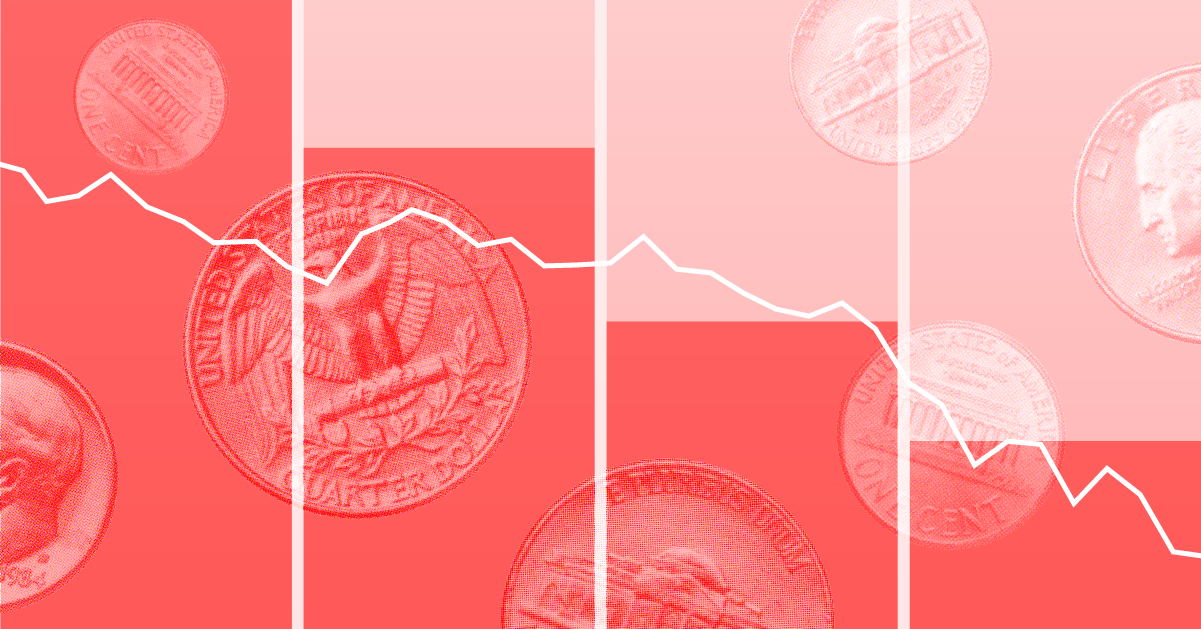Stock markets are likely to experience high volatility this coming week amid fears that recent losses could be the start of a correction following rallies of at least 30% from March lows on both sides of the Atlantic.
The FTSE 100 index fell almost 3% last week as concern over the impact of China tightening its monetary policy combined with fears over US President Obama’s plan to restrict banks’ risk-taking, hitting London-listed natural resource stocks and financials.
On this week’s agenda, the spotlight is fixed firmly on the latest economic growth figures from both the UK and the US, with the former forecast to have finally climbed out of recession in the fourth quarter of 2009, while the latter is expected to have achieved its highest growth rate since 2003. Housing market data from both nations will also be closely watched.
A raft of earnings reports are also scheduled, including a number of global industry leaders from the US such as Boeing, Caterpillar and Johnson & Johnson.
Monday
UK banks are likely to remain in focus as the week opens following news Barclays
is to defer payment of senior staff bonuses—reportedly by up to three
years—in an attempt to placate critics of banker bonuses following the
financial crisis. HSBC
has also been in the news this weekend following a press report that the
bank has already started looking for potential successors to its
chairman Stephen Green, who could retire within the next 18 months
according to the Sunday Express. The newspaper named John Thornton, who
has previously worked as chief executive of Goldman
Sachs’ European division and chairman of its Asian operations, as a
possible replacement.
The first of the week’s housing market data is also due on Monday when the US unveils existing home sales.
Tuesday
The Federal Open Market Committee starts its two-day meeting on Tuesday.
It is widely expected that the Fed rate will be kept near zero, with the
Committee repeating its statement that rates will remain low for some
time to come, while the economic forecast is also expected to change
very little. More housing market data—this time in the form of home
prices—and consumer confidence will also emerge from the US on Tuesday.
But the day’s main event will be the first estimate of UK gross domestic product, which is expected to show that the economy has finally dragged itself out of recession after 18 months, making it one of the last major world economies to do so. Consensus is for GDP to have grown 0.4% in the final quarter of 2009, which will represent a contraction of 3.0% on an annual basis.
Chancellor Alistair Darling said in an interview with the Sunday Times today that he remains cautious about the outlook and highlighted high levels of uncertainty.
Wednesday
US new homes sales will be announced on Wednesday, while here in the UK
the Confederation of British Industry's retail survey for January is
expected to show a slowdown in retail sales growth to around 8 from 13
in the seasonally-strong month of December as consumers tighten their
purse strings following the holiday season and the return of VAT to
17.5%.
Thursday
Thursday will come as something of a much-needed break for investors.
Weekly jobless claims and durable goods orders will be coming out of the
US but otherwise Thursday’s calm before Friday’s storm should provide
investors with a chance to digest the week’s releases so far.
Friday
The final day of the working week hosts the US economic output
announcement. My colleague Bob Johnson, Morningstar associate director
of economic analysis, believes the real GDP report will show a
fourth-quarter growth rate of over 5% compared to 2.2% in the third
quarter and a decline of 0.7% in the second quarter. “Although a large
improvement is widely anticipated, I believe a headline number that big
(along with the inevitable commentary "Best growth rate since 2003!")
splashed on the front of every newspaper across the country could
provide a psychological lift.”
US observers will also have consumer sentiment, the Chicago purchasing managers index and the employment cost index to decipher. For an in-depth look at data due out in the US this week, including the GDP estimate, read Bob Johnson’s article.
In the UK, the GfK consumer confidence index is expected to show morale remains low with only a marginal improvement on December’s -19 reading to -18 in January. On a more positive note, however, house prices are forecast to have continued their gradual recovery this month, rising 0.3% after a 0.4% climb in the last month of 2009, bringing the annual rate of increase to 7.3%. Whether this trend can be sustained remains to be seen and analysts are strongly divided on the housing market outlook.
Check the Morningstar corporate calendar for UK earnings releases due out this week.
This weekly preview, as well as markets, equities and funds analysis and commentary, as well as portfolio management and personal finance tips, can be delivered direct to your inbox on a daily basis with Morningstar's daily newsletter.
























